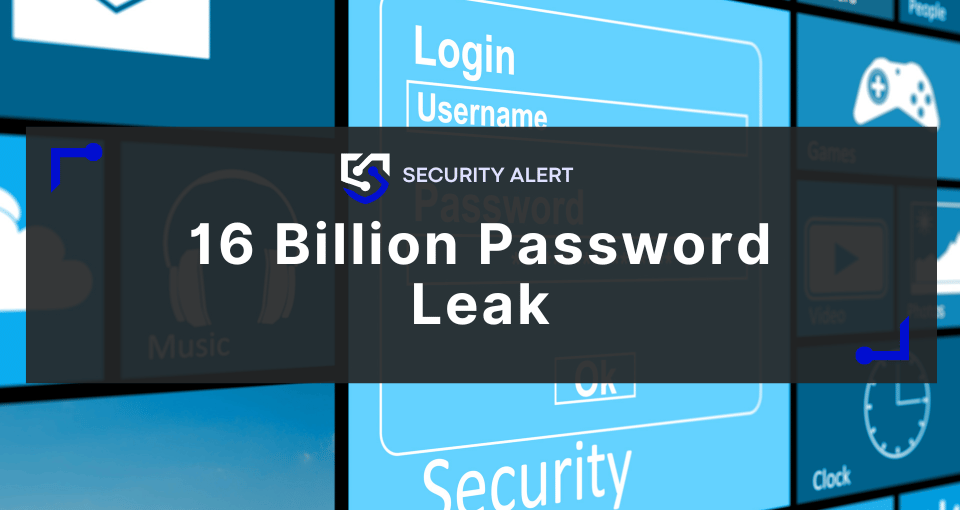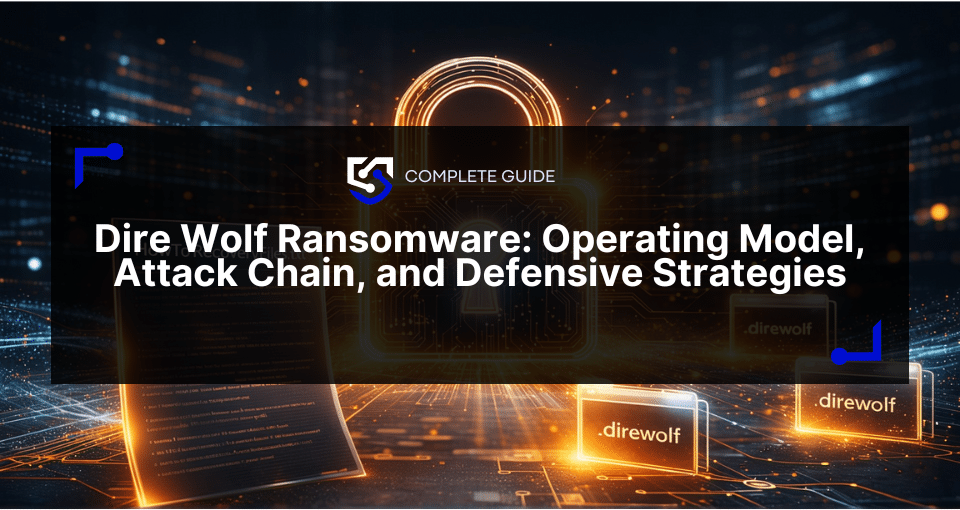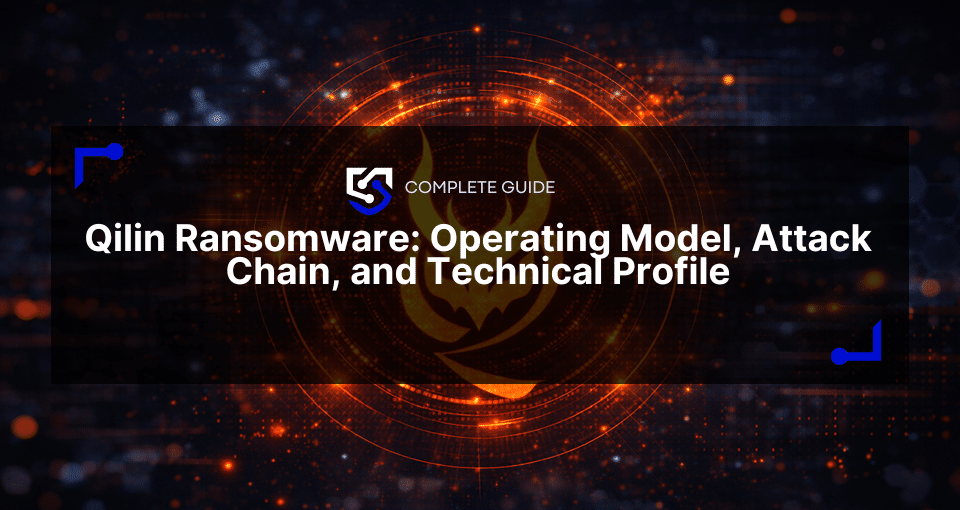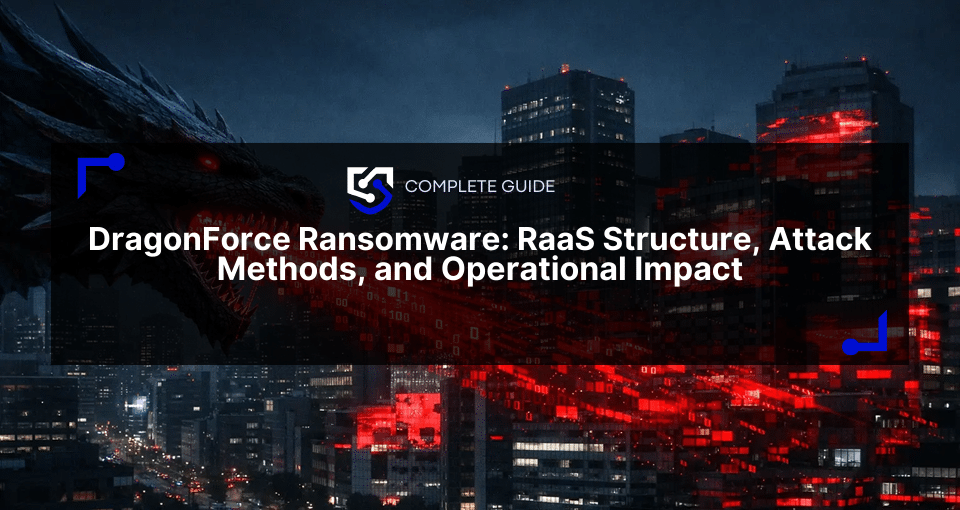The month of June 2025 has officially marked one of the largest data breaches to date, with 16 billion passwords leaked. This collection, discovered by researchers at the cybersecurity outlet Cybernews, included login credentials for countless online services, from Apple and Facebook to Google and beyond, in an incident as massive as the “mother of all data breaches“.
This was not a single, massive hack of a tech giant. Instead, researchers found that the data was a collection from thousands of different sources, gathered over time by an infostealer malware. This malicious software secretly infects personal and work computers, stealing saved logins for everything from social media and email to banking and cryptocurrency accounts. This stolen information was then bundled into datasets and briefly exposed online.
For legal counsel, this event underscores a dangerous shift in the threat landscape. The primary attack surface is no longer the corporate firewall but the vast, uncontrolled environment of employee devices. This new reality demands a re-evaluation of incident response and litigation strategy, placing the science of digital forensics at the center of any defensible legal plan.
The risks of infostealer malware
Infostealer malware fundamentally changes the risk calculus for law firms and their clients. The primary attack surface is no longer the corporate firewall but the personal and work devices.
This makes a single compromised individual a gateway for account takeovers, identity theft, and devastating ransomware attacks. This decentralized threat makes the quality of a post-breach investigation the deciding factor in managing legal exposure. In the U.S., where no single federal law governs breach response, courts increasingly find that data misuse, the presence of data on the dark web, or money spent on mitigation constitute sufficient harm to proceed with litigation.
Legal considerations of data breach and incident response
Even though in the U.S., there is no single federal law governing breach response, courts are increasingly finding that evidence of actual data misuse, the confirmed presence of stolen data on the dark web, or time and money spent on mitigation efforts constitute sufficient harm to proceed.
Such actions irretrievably destroy volatile evidence, alter critical system timestamps, and expose the organization to devastating claims of evidence spoliation. Legal counsel must lead an effective incident response. By directing the investigation, counsel can protect findings under attorney-client privilege while ensuring forensic experts can preserve evidence in a methodologically sound and legally defensible manner.
Digital forensics experts can provide objective answers to the key questions at the heart of any data breach case:
- How did the attackers get in? Was the breach due to a simple mistake, like an unpatched system, or a sophisticated, unavoidable attack?
- Was the company negligent? Did the company fail to implement basic security measures like data encryption or Multi-Factor Authentication?
- What data was actually stolen? Forensic experts can often determine the exact scope of the data breach, which is crucial for assessing the real harm to consumers and meeting legal notification requirements.
By uncovering these facts, a company can effectively negotiate settlements, defend itself in court, and demonstrate that it took the threat seriously. This process not only protects the company but also provides clarity to the customers whose data was involved.
Digital forensics in litigation
The digital forensics investigation focuses on building the legal case. The findings from a thorough analysis of the preserved evidence directly support or refute claims of negligence, which are at the heart of nearly all data breach class actions.
A deep dive into the company’s digital environment, including network forensics, can uncover the objective facts of the case. Forensic experts can determine:
In this environment, a swift and methodologically sound digital forensic investigation is not merely a reactive measure. It is the foundational element of a defensible legal strategy. It provides the objective facts needed to manage liability, protect privilege, and build a compelling case, making the partnership between legal counsel and forensic experts more critical than ever.



